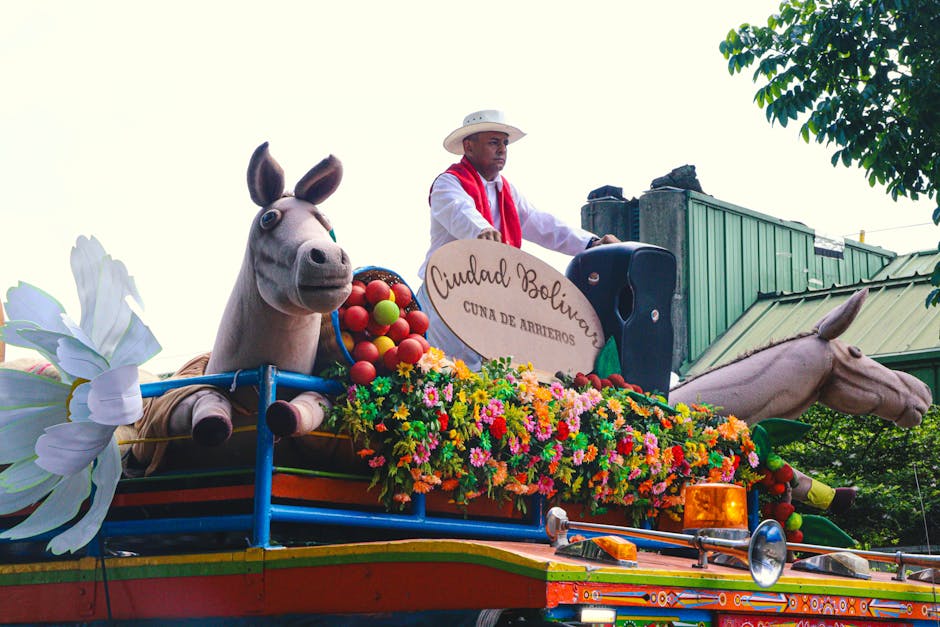RSS Chief Mohan Bhagwat’s Stance on Muslim Participation
In a widely debated statement, Rashtriya Swayamsevak Sangh (RSS) chief Mohan Bhagwat addressed whether Muslims are allowed to join the organization. His remarks, made during a recent interview, have sparked discussions on inclusivity and Hindu nationalist ideology.
Bhagwat stated, “Anyone can come as a Hindu. Those who are Muslims today, if their forefathers were Hindus and they are willing to return to their roots, they are welcome.” This response highlights the RSS’s stance as a cultural and nationalist group rooted in Hindu identity rather than purely religious affiliation.
RSS’s Ideology and Membership Criteria
The RSS has long positioned itself as a proponent of “Hindu Rashtra” (Hindu nation), where cultural unity aligns with Hindu heritage. Bhagwat emphasized that the Sangh does not discriminate by caste or religion but expects members to identify with India’s Hindu civilizational ethos.
This stance reiterates the RSS’s historical view that cultural assimilation is key to national unity, though critics argue it sidelines religious diversity.
Mixed Reactions to Bhagwat’s Statement
Bhagwat’s comments have drawn varied responses:
- BJP Support: Many BJP leaders defended the remarks, framing the RSS as open to all who embrace Hindu culture.
- Opposition Criticism: Congress, AIMIM, and others called the statement exclusionary, arguing it undermines India’s pluralism.
- Muslim Perspectives: While some groups rejected the idea of renouncing faith, others saw it as a potential dialogue starter.
Historical Context: RSS and Muslim Engagement
Founded in 1925, the RSS has predominantly been a Hindu-majority organization. While it has engaged with Muslim leaders intermittently, active Muslim participation remains rare. Bhagwat’s statement mirrors past RSS positions, including those of former chief M.S. Golwalkar, who stressed Hindu unity but did not outright oppose Muslim inclusion if they identified with Hindu culture.
Broader Social and Political Implications
The remarks come amid rising religious polarization in India. Key debates include:
- Assimilation vs. Identity: Should Indian Muslims integrate into a Hindu-majority cultural framework or retain distinct religious identities?
- Policy Influence: As the BJP’s ideological mentor, the RSS’s stance may shape future narratives on citizenship and nationalism.
Conclusion: Inclusivity or Ideological Boundary?
Bhagwat’s statement reinforces the RSS’s ideological framework while raising questions about inclusivity. Whether it fosters integration or deepens divides depends on how India’s diverse communities engage with the Sangh’s vision.
(Word Count: 500)




